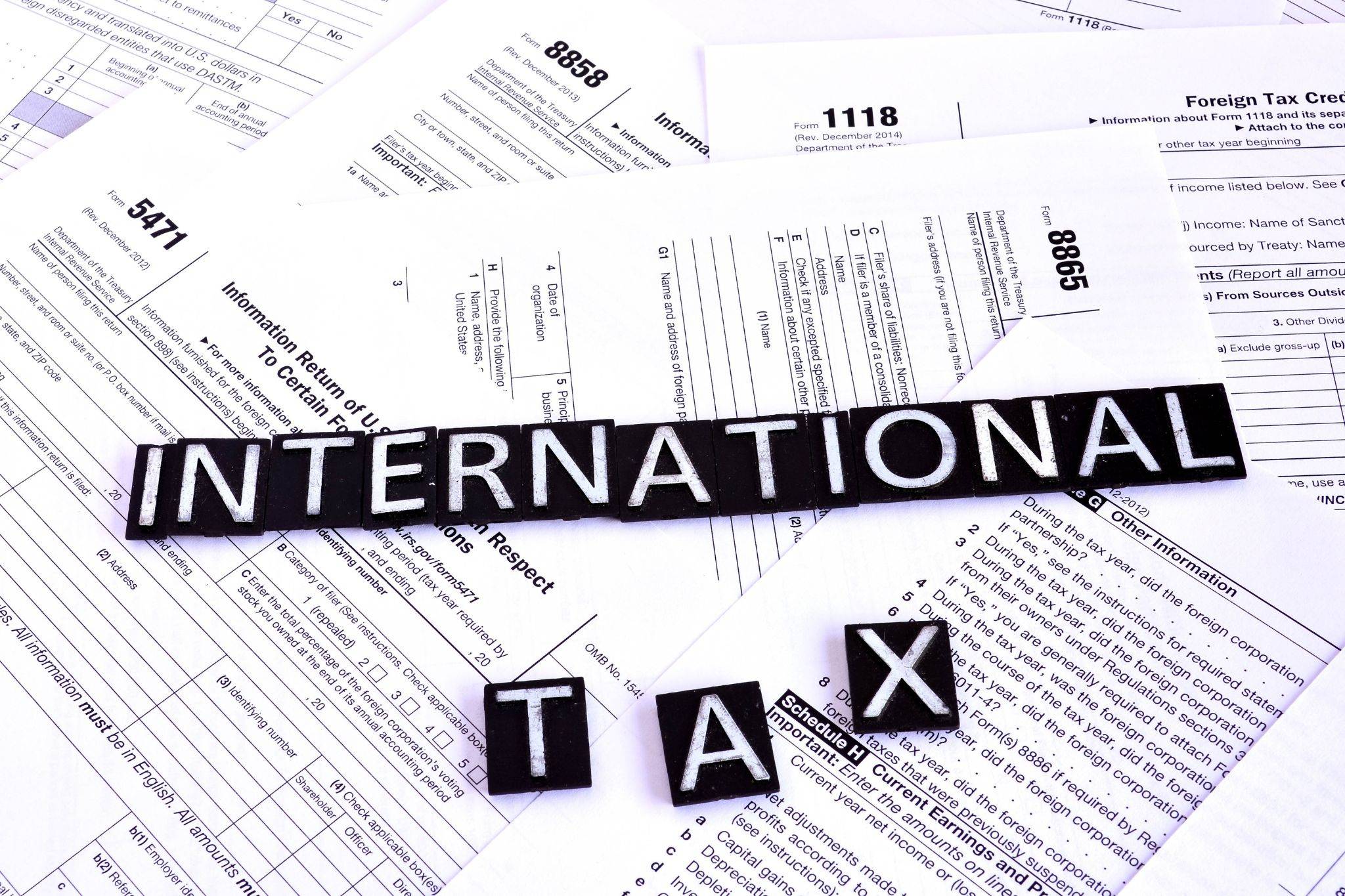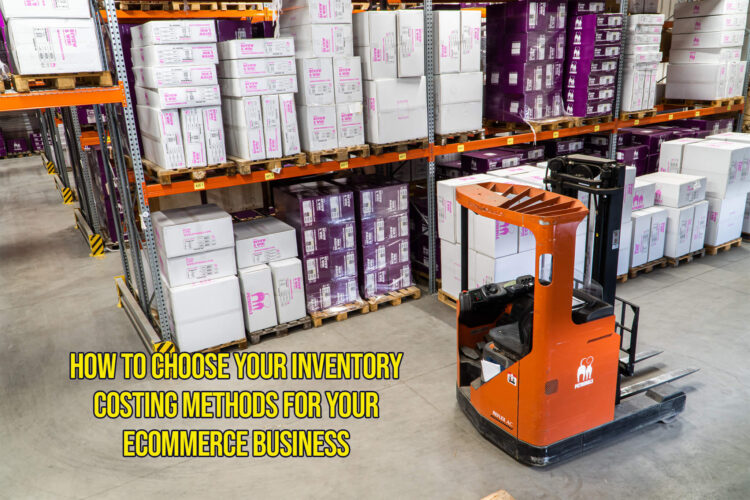
Like any other clients who make purchases at a physical location and in-person, international customers are not exempted from paying all applicable sales taxes imposed in the merchant’s location. However, if an international customer processes the sale through phone, email, or website from another country and the purchased product is for delivery to that country, exemptions on local sales tax may or may not be applied.
Local sales tax regulations typically don’t apply in this kind of case since the client is not physically present in the merchant’s taxing district to accomplish the transaction, although other forms of accounting sales taxes may be charged to the international sale.
Processing international sales has its own tariff and tax implications. Some destination countries tend to charge value-added taxes on items when they enter as imports, which will then require you, the merchant, to complete custom forms to accompany the packages to be shipped to foreign destinations.
Benefits of International Sales
Mainly, international sales benefit businesses by promoting faster growth as a result of extended global reach and a greater number of probable buyers. In addition to individual merchant growth, international sales also benefit the economy as a whole.
Research by Pitney Bowes Inc. to study online international purchases. Results showed that 40 percent of customers had purchased goods online from international sellers with the United States, the United Kingdom, and Germany as the most desirable eCommerce sources.
The research also showed that for American eCommerce merchants, countries including Canada, the UK, and Australia, offer the best opportunities. Brazil, China, and Germany also present significant opportunities but lesser.
Challenges of International Sales
Despite the great opportunities available in selling internationally, there are several barriers that need to be addressed and considered.
1. Rate Inconsistency
Preferential duty rates or reduced tariff rates are levied on goods when sold within the US/Canada/Mexico . The rates are dependent on the CanAmMex Free Trade Agreement rules for the exported goods’ origin country. For products that meet the requirements of the Free Trade Agreement rules, there will be no duties payable for items originating within the agreement partners. You can also read our blog related to Canada sales tax vs US sales tax.
2. Additional Costs
Additional costs, including value-added taxes, sales tax increase and tariffs, are collected from the buyer of the goods. These costs are often high, and it is your duty as the merchant to inform your buyer regarding the estimated final cost. Where possible, ensure that your buyer understands these additional charges to avoid making your customer feel alienated, which in turn reduces the chances of repeat sales.
Selling internationally is a tricky business, but it is very rewarding once you get used to it. To help you address your eCommerce accounting concerns, you can contact or hire an E-Commerce Accountant.



